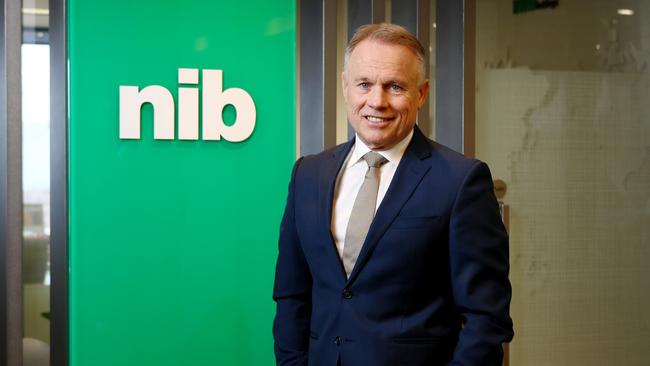
Here, is what NIB’s Mark Fitzgibbon sees ahead in 2020.
Read more from the CEO Survey.
How is your company affected by low-interest rates and what is needed to boost the economy?
Principally in respect of investment income which is very material to our earnings. In FY19 it accounted for about 20 per cent of our pre-tax earnings. I worry that low rates and quantitative easing are simply fuelling prices of existing assets (property, equities, bonds). More sophisticated policy is needed to stimulate investments in new capital formation and innovation.
What is the impact of government regulations on your company, including those applying to the financial sector?
Heavy! Government policy is generally very supportive, yet many current regulations place unwarranted limits on our ability to meet consumer needs, such as providing insurance cover wherever they meet the healthcare system. I sometimes feel as though prudential and corporate regulation is attempting to displace the function and responsibility of just good management. Overreacting to issues uncovered by the banking royal commission can have a cost on society as well.
What percentage of company revenues are spent on research and development, and how is your company using technology to improve performance?
Hard to estimate but probably around 2 per cent depending upon definition. We’re certainly investing heavily in new digital technology and capability to support better and more cost-effective member service and our transformational shift from “sickcare” to “healthcare”.
What are the three major policy issues facing the country and what should be done about them?
• Climate change: We desperately need genuine bipartisanship in recognising the existential threat and drive investment in renewables and carbon offset.
• Growing welfare dependency ratio: We’ve no choice to shift more responsibility for funding lifetime living expenses and health to those with who have the means. It’s crazy someone on my income gets to visit the GP at no cost.
• Integration with Asia: There will more and more be a powerful correlation into the future of business success and engagement with Asian markets. Government must actively encourage this investment both ways.
What are the major impediments to long-term growth facing your company and what can or is being done about them?
• Ideological opposition to the private healthcare sector performing a greater role in the system;
• Influence government policy for private health insurers performing an increased role in our nation’s healthcare, such as allowing us to cover members wherever that meet the system. We need to overcome the archaic restrictions on helping people access and navigate the primary health care system; and
• Prove the ability of the private sector to improve health outcomes at a lower cost for people and the general population, especially with new technology.




Every year The Australian’s John Durie asks some of the biggest names in Australian business five key questions about what’s coming in the year ahead.